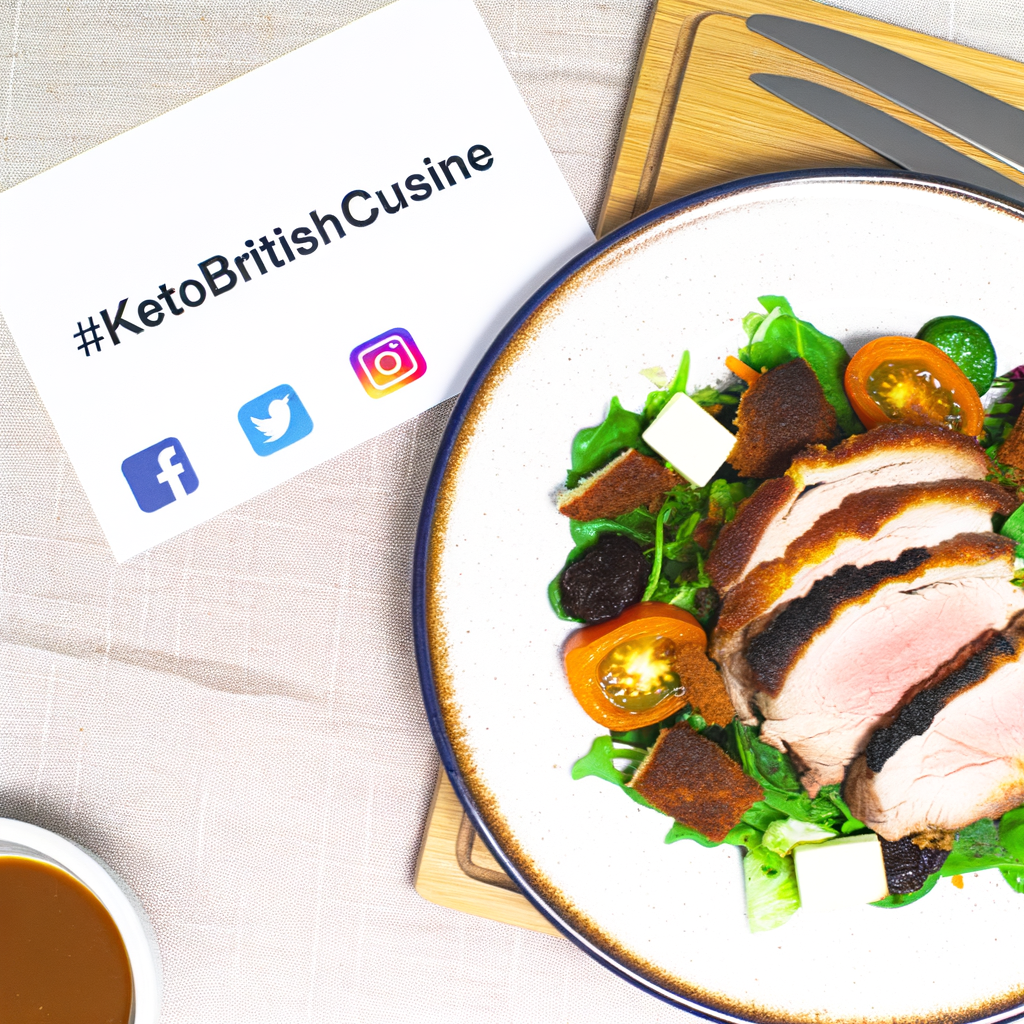British cuisine has come a long way from its stereotype of being bland and uninteresting. Thanks to the efforts of chefs like David Brown, we have witnessed a revival of traditional dishes and the incorporation of global flavors into our local cuisine. One trend that has gained significant momentum in recent years is veganism. As an expert chef, I would like to share my insights on the rise of veganism in British cuisine.
Traditionally, British cuisine has been heavily meat-based, with dishes like fish and chips, bangers and mash, and Sunday roast being staples in households. However, with the increase in health and environmental awareness, more and more people are turning towards a plant-based diet. This has resulted in a surge of vegan options in restaurants and an increasing demand for vegan ingredients in supermarkets.
One of the main reasons for this shift towards veganism is the rise of ethical and sustainable living. As consumers become more conscious of the impact of their food choices on the environment and animal welfare, they are opting for plant-based alternatives. This has also led to an increase in creativity among chefs, who are constantly experimenting with plant-based ingredients to create delicious and nutritious meals.
Furthermore, with the rise of veganism, British cuisine has become more inclusive and diverse. Vegan options are now available in all types of cuisines, from traditional British dishes to international favorites. This not only caters to the dietary preferences of vegans but also encourages non-vegans to try out plant-based options, thus promoting a healthier and more sustainable lifestyle.
In conclusion, the rise of veganism in British cuisine is a positive and exciting development. It not only offers a wider variety of options for consumers but also promotes ethical and sustainable living. As an expert chef, I am proud to be a part of this movement and look forward to seeing how British cuisine continues to evolve with the changing dietary preferences of our society.





